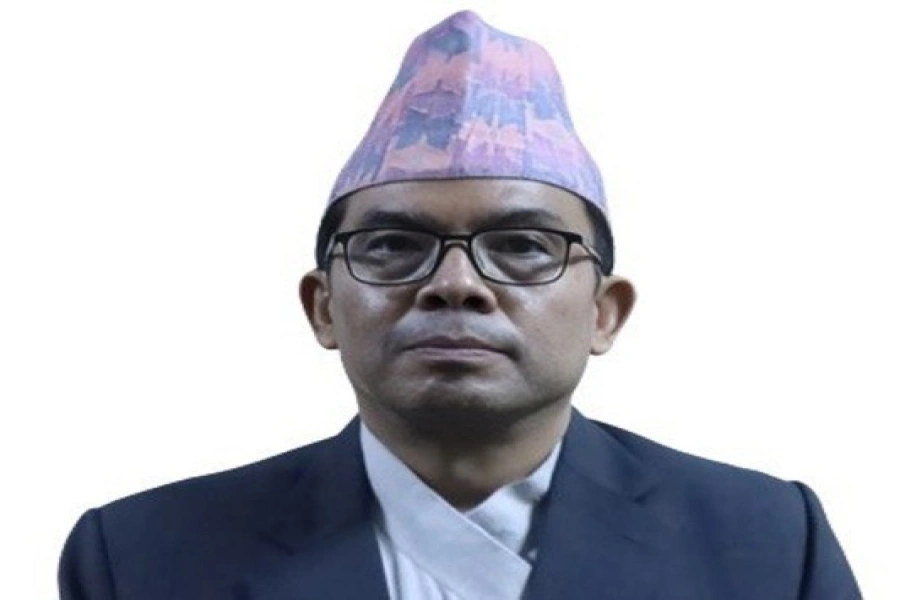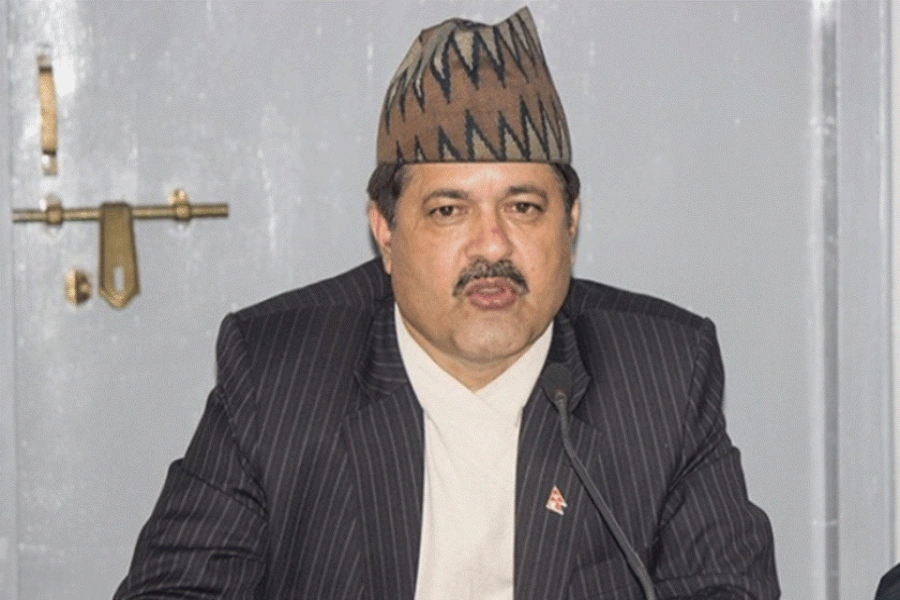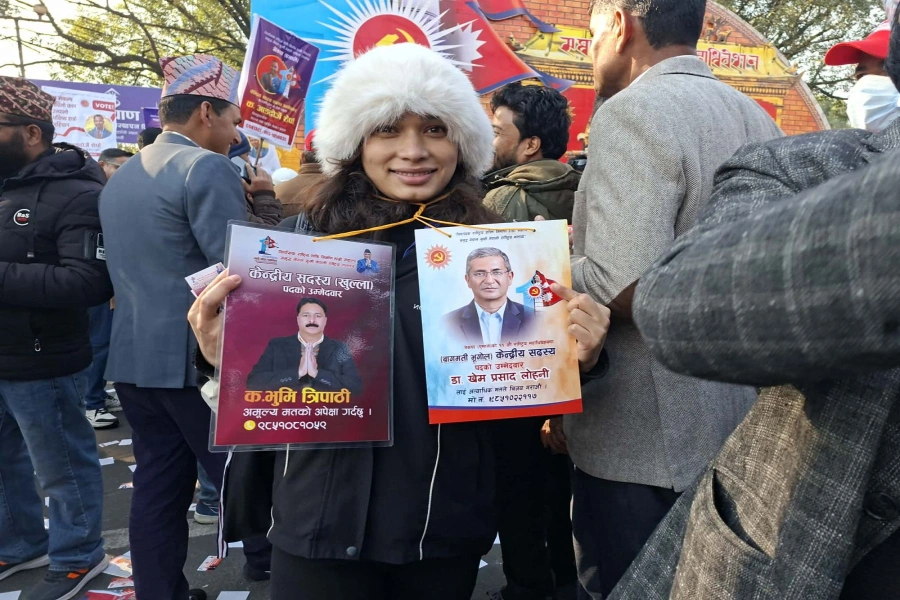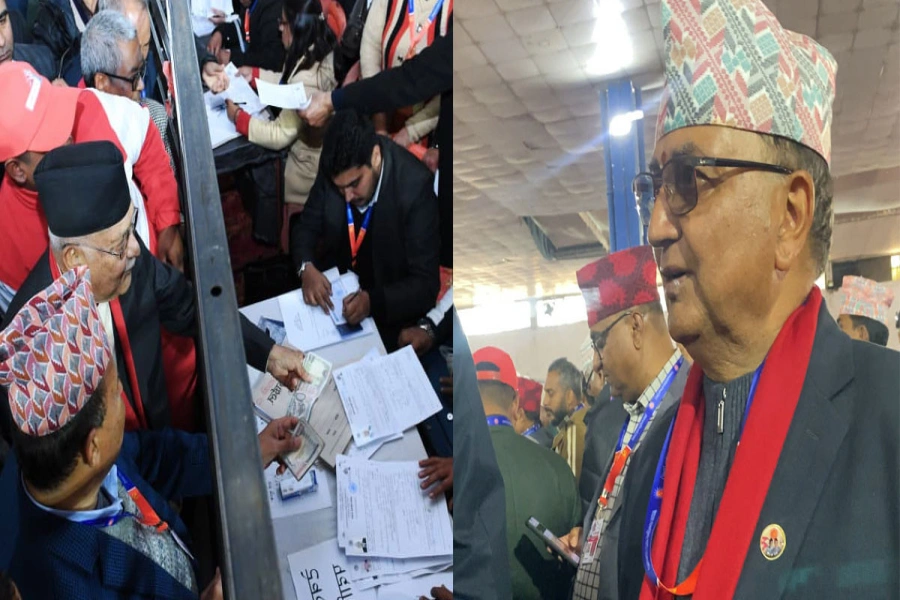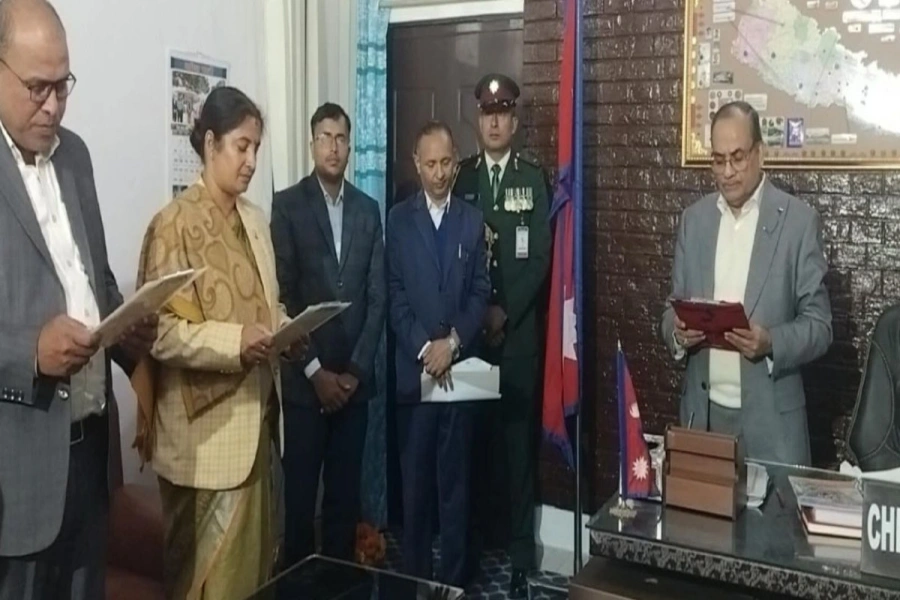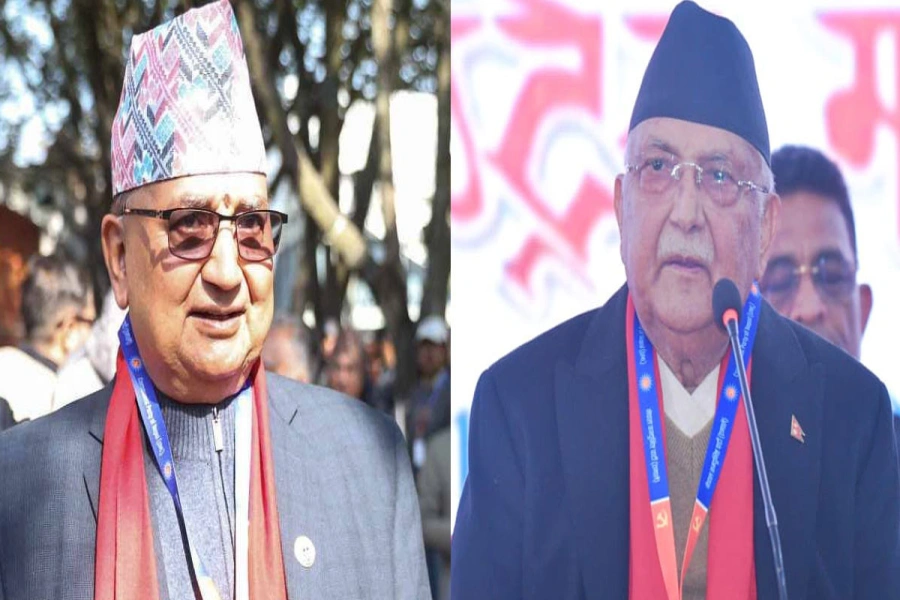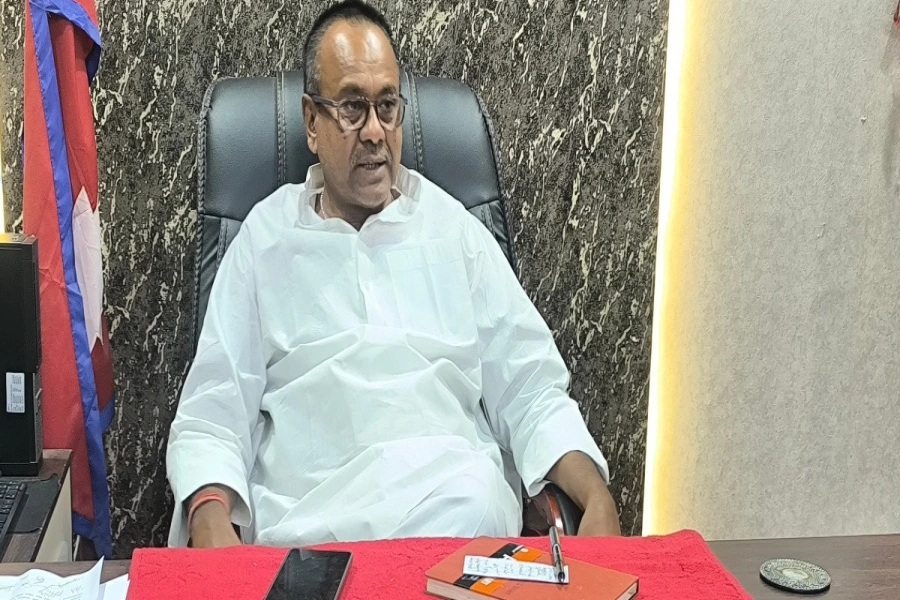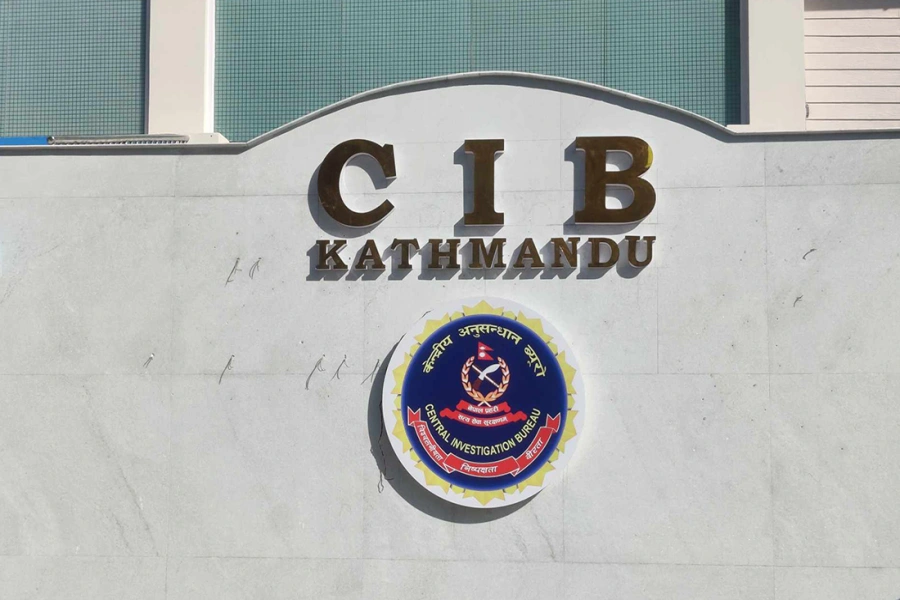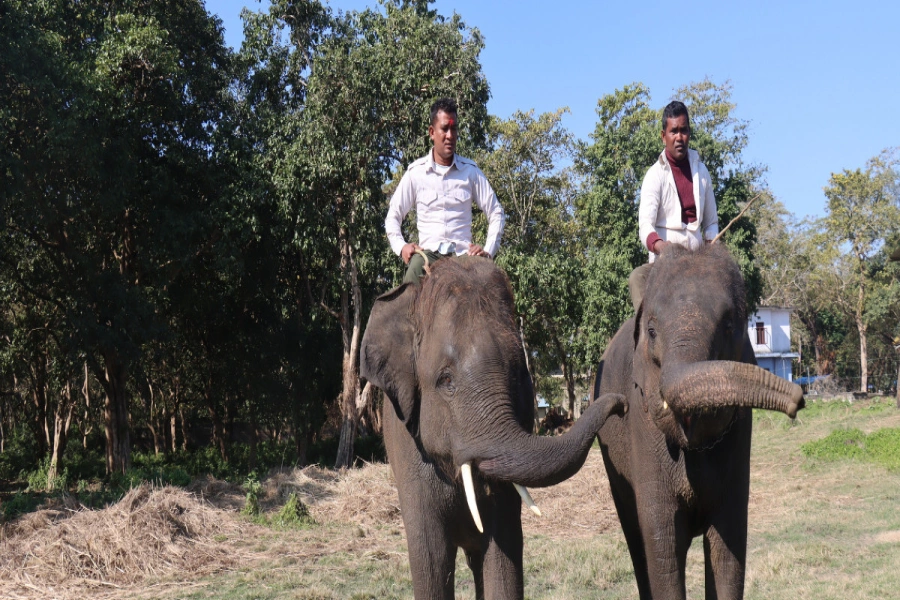KATHMANDU, Dec 17: India and Bangladesh on Thursday agreed to strengthen subregional cooperation on energy and connectivity involving Nepal and Bhutan.
The agreement was reached during a virtual summit between Prime Minister of India, Narendra Modi and his Bangladeshi counterpart, Sheikh Hasina.
"In line with the commitment of both countries to move toward green, clean, renewable sources of energy, it was agreed to strengthen subregional cooperation including with Nepal and Bhutan. Both sides also agreed to strengthen cooperation in the area of power and energy connectivity," reads the joint statement issued after the summit.
Bangladesh has long been seeking India's support for using the Indian grid to transfer electricity from Nepal to Bangladesh. However, India has shown little interest in the Bangladeshi proposal as of now. Today's understanding between India and Bangladesh does not specifically talk about this trilateral proposal; rather, it vaguely talks about sub-regional cooperation on energy.
The two neighboring countries also agreed to an early operationalization of the Bangladesh, Bhutan, India and Nepal (BBIN) Motor Vehicles Agreement.
Power Corridor: A New Dimension of India-Bangladesh Relations

As Bhutan decided to pull out of the BBIN Motor Vehicles Agreement, India and Bangladesh have now agreed to operationalize the MoU on BBIN Motor Vehicles Agreement even without the participation of Bhutan.
"To facilitate better connectivity and simplify the movement of passengers and goods between both the countries, both leaders agreed to an early operationalization of the BBIN Motor Vehicles Agreement through expeditious signing of the Enabling MoU for Bangladesh, India and Nepal to commence the movement of goods and passengers, with provision for Bhutan to join at a later date," reads the joint statement.
The MoU on BBIN Motor Vehicles Agreement was signed nearly five years ago among Bangladesh, Bhutan, India and Nepal with an aim to facilitate better connectivity and simplify movement of passengers and goods. The idea of enhancing BBIN deal received a setback after Bhutan in 2017 pulled out of the accord, citing environmental concerns. Bhutan, the smallest country in the four-nation group, was concerned it would face environmental damage if cargo vehicles were allowed in from other partner countries.
During the virtual summit, Indian and Bangladeshi prime ministers highlighted that given the regional and global economic scenarios following the outbreak of COVID-19, regional organizations, such as SAARC (South Asian Association for Regional Cooperation) and BIMSTEC (Bay of Bengal Initiative for Multi-Sectoral Technical and Economic Cooperation) have an important role to play, according to the joint statement posted on the Indian External Affairs Ministry's website.
Apart from other bilateral issues, the two prime ministers also discussed possible cooperation in the ongoing battle against the COVID-19 pandemic.
The Bangladeshi prime minister thanked her Indian counterpart Modi for convening the SAARC leaders Video Conference in March 2020 in the outbreak of COVID-19.
She also thanked Modi for proposing creation of the SAARC Emergency Response Fund to counter effects of the global pandemic in the South Asian region.
In the virtual summit, the Bangladeshi Prime Minister also reiterated the proposal for the establishment of a SAARC Medical and Public Health Research Institute and sought support in this regard.
In his address, Modi also said that Bangladesh is a significant pillar of India's 'Neighbourhood First' policy. "Bangladesh is a significant pillar of our 'Neighbourhood First' policy. To strengthen and deepen our relations with Bangladesh has been a priority for me since the first day. It is true that because of the pandemic, 2020 has been challenging but in these challenging times, the relations between the two countries has seen immense cooperation," Modi has been quoted by Indian media as saying.
During the summit, India and Bangladesh signed seven agreements in areas of hydrocarbons, agriculture, textiles and community development and restored a cross-border rail link, which was in operation till 1965, the Press Trust of India reported.






